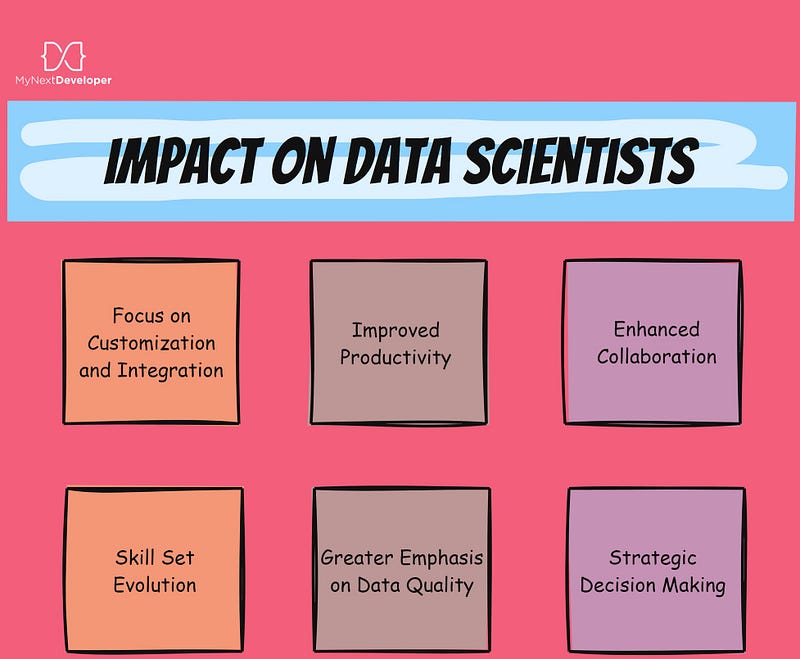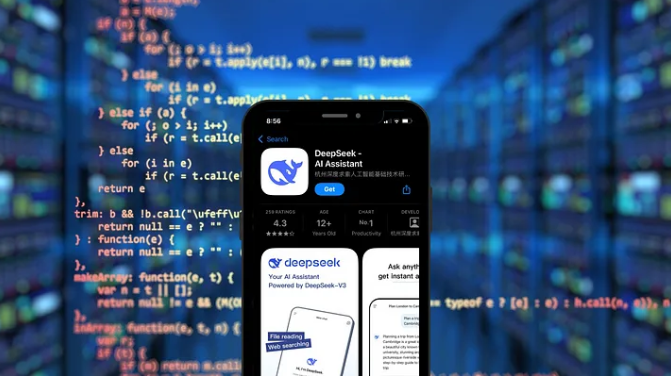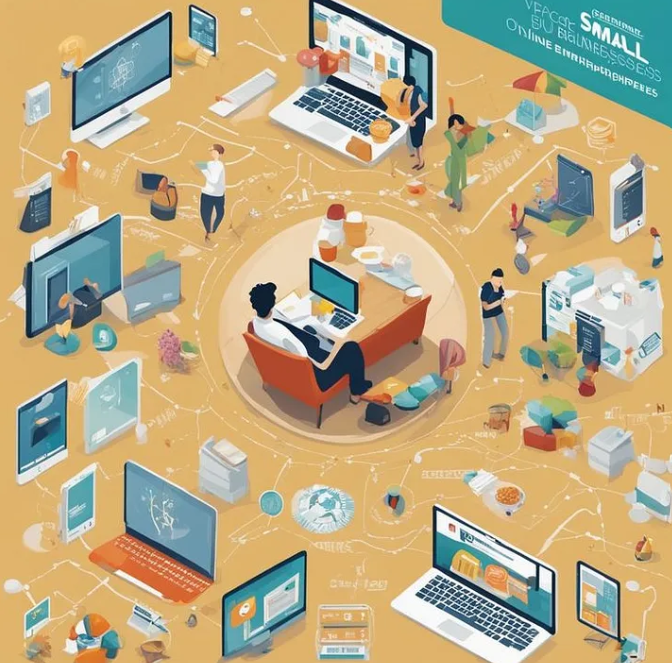How will the rise of pre-trained AI models on AIaaS platforms impact data scientists’ roles?
How will the rise of pre-trained AI models on AIaaS platforms impact data scientists’ roles?

In recent years, Artificial Intelligence (AI) is growing at a rapid speed. One of the most significant developments is the rise of AI-as-a-Service (AIaaS) platforms. These platforms give access to pre-trained AI models. This trend is reshaping how companies approach AI and how data scientists work.
AIaaS platforms are cloud-based services. They offer AI tools and models that users can integrate into their applications. Companies like Google, Amazon, and Microsoft lead in this space. AI becomes accessible to businesses of all sizes through these platforms.
The Role of Pre-Trained AI Models
Pre-trained AI models are algorithms trained on large datasets. They can perform tasks like image recognition, language translation, and sentiment analysis. These models save businesses the time and cost of training their own models.
AIaaS platforms offer many benefits. They reduce the need for extensive in-house AI expertise. Businesses can deploy AI solutions without building models from scratch. This changes access to advanced AI offerings.
Impact on Data Scientists
Here are some key areas where the role of data scientists will evolve:
Focus on Customization and Integration: Data scientists will spend less time building models from scratch. Their role will shift towards customizing pre-trained models to fit specific needs. Integration of these models into existing systems will be crucial.
Improved Productivity: With ready-to-use models, data scientists can complete projects faster. This increased efficiency allows them to tackle more complex problems. They can focus on refining models and improving accuracy.
Enhanced Collaboration: Pre-trained models enable better collaboration between data scientists and other teams. Business analysts and developers can use these models without deep AI knowledge. This fosters a more collaborative environment within organizations.
Skill Set Evolution: Data scientists will need to adapt their skills. Knowledge of AIaaS platforms and APIs becomes essential. They will also need to stay updated with the latest pre-trained models and their capabilities.
Greater Emphasis on Data Quality: The quality of input data will become even more critical. Data scientists will focus more on data preprocessing and cleaning. Ensuring high-quality data will be key to leveraging pre-trained models.
Strategic Decision Making: Data scientists can play a bigger role in strategic decisions with AI. They can provide insights on where AI can add the most value. This strategic input will be crucial for companies looking to stay competitive.
Challenges to Consider
Pre-trained models may not fit every unique business need. Customization can be complex and may need significant expertise. Using external models raises concerns about data privacy. Companies must ensure they follow regulations and protect sensitive data.
Relying on AIaaS platforms means depending on third-party providers. Any changes or disruptions in these services can impact business operations. While AIaaS can reduce costs, subscription fees can add up. Companies need to balance the cost of using these services with their benefits.
Future Outlook
The future of data science will have an interconnection with AIaaS platforms. Here are some trends to watch:
Increased Adoption Across Industries: More industries will adopt AIaaS solutions. Sectors like healthcare, finance, and retail will benefit on a large scale.
Advancements in AI Capabilities: AIaaS providers will continue to enhance their models. New capabilities and improvements will keep emerging.
Greater Customization Options: Providers will offer more customizable solutions. This will allow businesses to better tailor models to their needs.
AI Democratization: The barrier to entry for AI will keep lowering. Smaller businesses will gain access to tools reserved for large corporations.
Ethical and Regulatory Considerations: As AI usage grows, there will be a greater focus on ethical and regulatory issues. Data scientists will need to navigate these challenges.
Conclusion
Yes, it is true! The role of data scientists is transforming. It is because of the increasing availability of pre-trained models on AIaaS platforms. While it presents many opportunities, it also brings new challenges. Data scientists will need to adapt to this evolving landscape. They will focus more on customization, integration, and data quality. By doing so, they can help their organizations harness the full potential of AI.
The future is bright for those willing to embrace these changes. Data scientists play a critical role in driving business success in the age of AI.
Ready to build your tech dream team?
Check out MyNextDeveloper, a platform where you can find the top 3% of software engineers who are deeply passionate about innovation and powered by advanced AI capabilities. Our AI-enhanced, on-demand, dedicated, and thorough software talent solutions are available to offer you a complete solution for all your software requirements.
Visit our website to explore how our AI-driven approach can help you build your perfect team. Reach out to us for any inquiries or assistance in the field.





